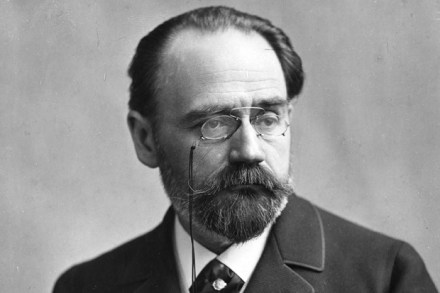Look back in anger | 19 January 2017
Pankaj Mishra’s Age of Anger wants to explain how we got to a world in ‘a pervasive panic… that anything can happen anywhere to anybody at any time’. Everything seems to be spinning out of control, and hatred, racism, violence and lies have become common currency everywhere. Facts have become irrelevant and ‘individuals with very different pasts find themselves herded by capitalism and technology into a common present’. Mishra, an accomplished and well known Indian/English writer, comes from semi-rural India. He is ‘a late comer to modernisation… a step-child of the West’. He explains to his readers the less familiar crisis of ideas in non-western states. He argues that Ayatollah




















